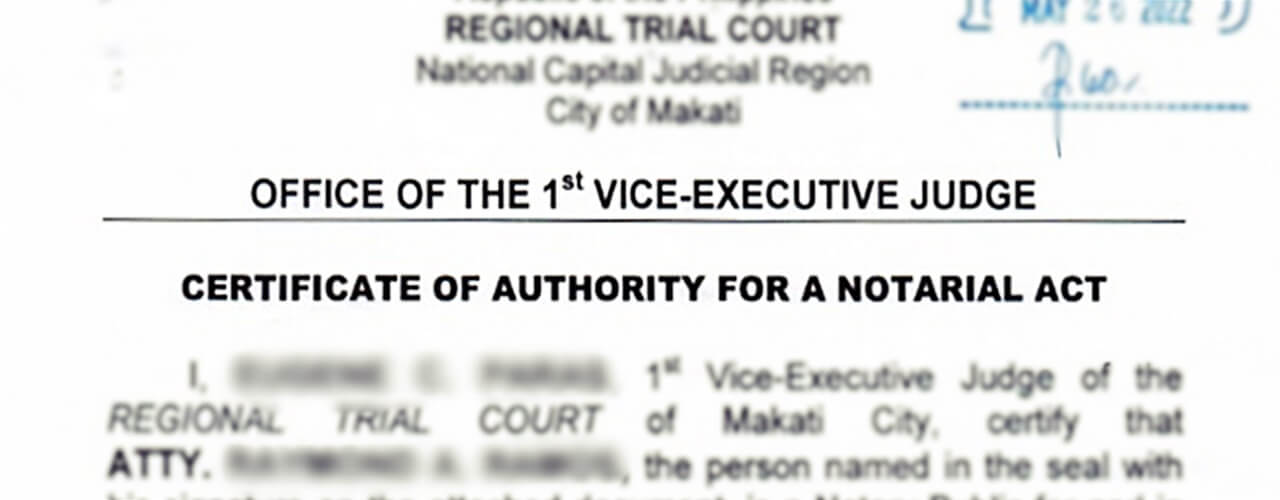

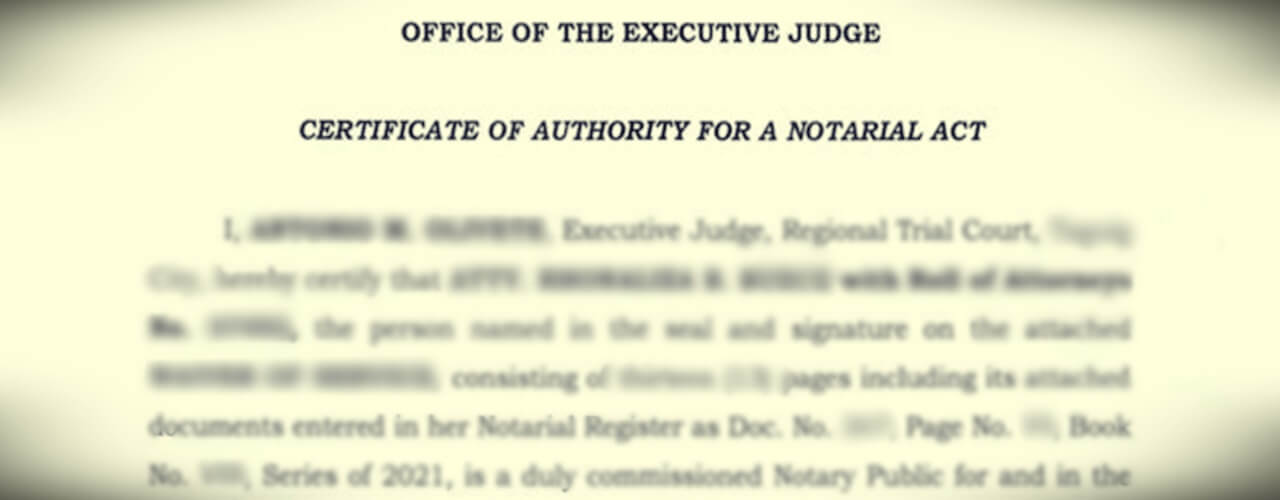 Notarial Act that is authenticated by the Executive Judge." width="1280" height="500" />
Notarial Act that is authenticated by the Executive Judge." width="1280" height="500" />
To get an apostille for a SPA, Contract or Affidavit, you will need to have a Certificate of Authority for a Notarial Act (CANA).
The DFA requires a CANA for apostille.
Most people do not know what a CANA is – much less how to get it.
Worry no more – I’ll address everything you need to know in this comprehensive CANA guide.
 for a Notarial Act" width="1280" height="500" />
for a Notarial Act" width="1280" height="500" />
A Certificate of Authority for a Notarial Act (CANA) is a verification from the RTC that states that the notary who notarized your document is authorized.
It is issued by the Executive Judge or the Vice-Executive Judge with jurisdiction over the notary public who notarized your document.
A CANA is an additional verification – on top of the apostille – that authorized signatories have signed the document.

A Certificate of Authority for a Notarial Act (CANA) is required for notarized documents that will be apostilled.
Some examples are:
Basically, you will need a CANA if the document is notarized in the Philippines and you’ll need to use it abroad.
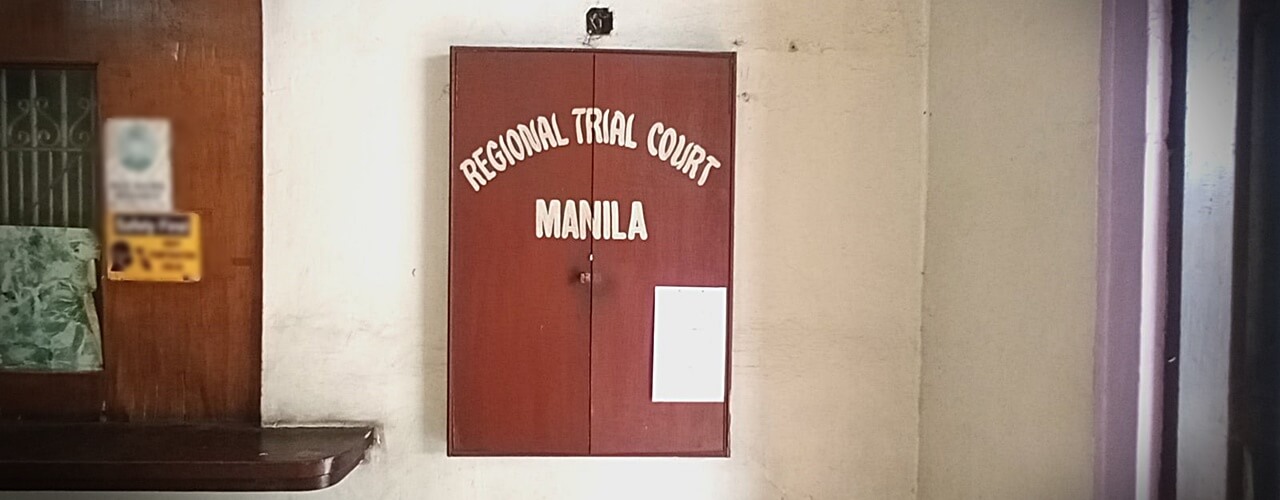
A Certificate of Authority for a Notarial Act (CANA) is requested from the Regional Trial Court (RTC) with authority over the notary.
This means you can only get a CANA from a specific court.
For instance, you would bring your document to the Olongapo RTC if your document was notarized in Olongapo.
Likewise, you would bring your document to the Pasig RTC if your document was notarized in Pasig.

Where specifically would you go in the RTC?
Well, you would go to the authentication division of the Office of the Clerk of Court (RTC-OCC).
Note that sometimes, in far-flung provinces, the Executive Judge might also work as a Branch Judge because of a lack of judges.
They might then be found at their court branch and not at the RTC-OCC.
But still, what’s important is that the judge signs the CANA in his capacity as the Executive Judge.

You will need a few things to get a CANA.
If you’ve asked a representative to do it for you, you will also need the following –
A SPA is preferable to an Authorization letter.
While some agencies might accept an Authorization letter, we’ve found that some also deny it.
If that happens, you have to go back to the document owner for a SPA.
It’s better to have a SPA to ensure the least amount of delay.
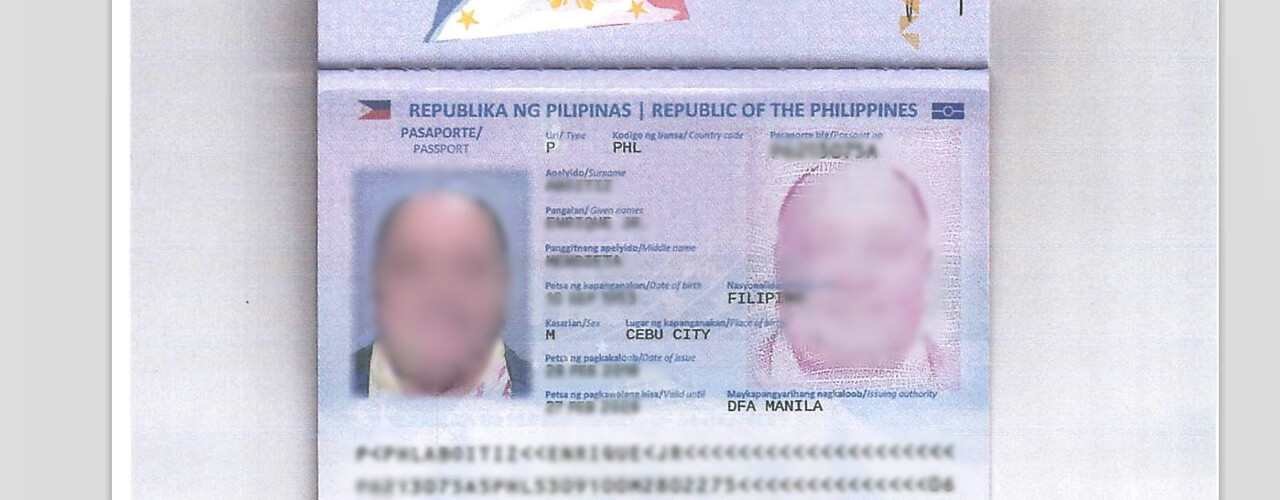
A SPA should name the documents and the government agencies being transacted with.
Note also that the government ID should have a photo, the same signature as on the document being apostilled, and an expiry date several years in the future.
It’s best to comply strictly with all the SPA requirements I’ve stated.
You might be able to get by once or twice without following these instructions but you can certainly be denied at the government agencies or the DFA.
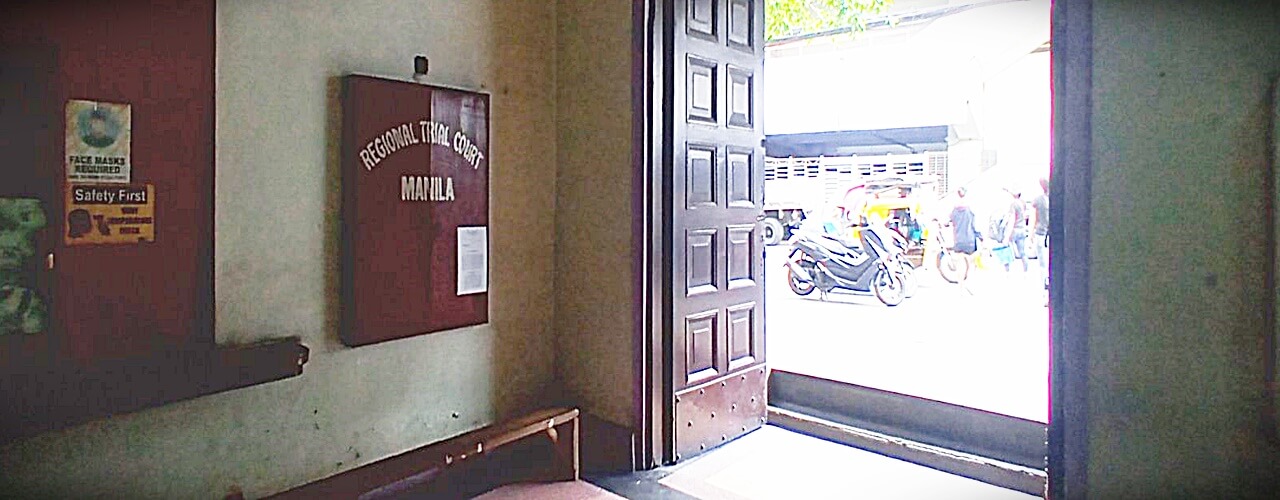
You will get a CANA at the RTC with jurisdiction over the notary who notarized your document.
For example, the office you’ll need to visit is the Makati RTC-OCC Authentication Division if the document was notarized in Barangay Magallanes in Makati.
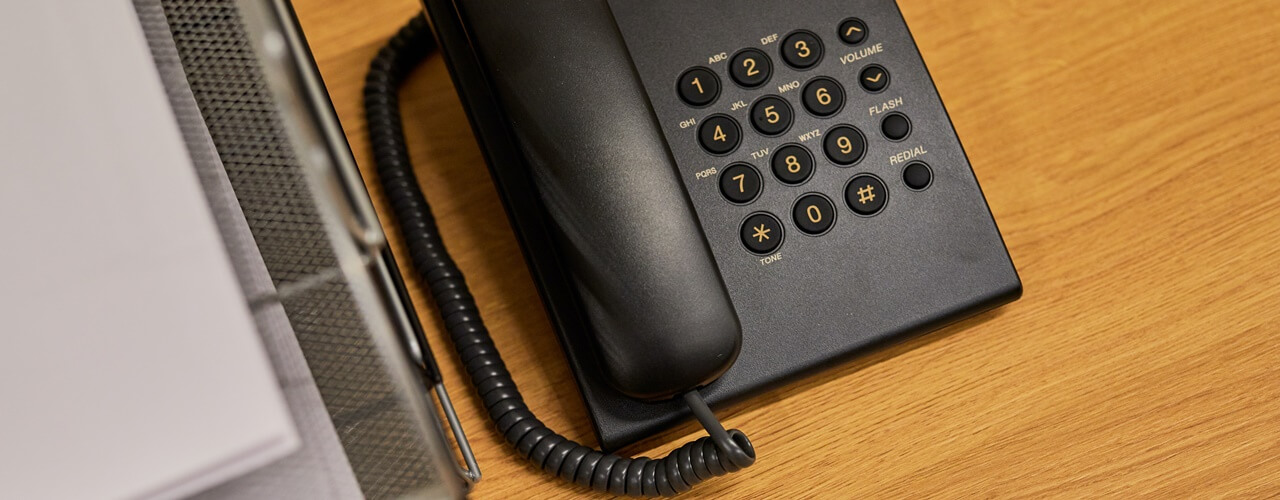
People are no longer allowed to enter the premise of any RTC-OCC due to the pandemic.
The new normal has forced the courts to be manned by a skeletal staff.
The courts might also be closed for disinfection so it is better to call them ahead of time to ask when you can visit.
(This is if you can reach them. It is now very, very hard to reach the courts on the phone.)
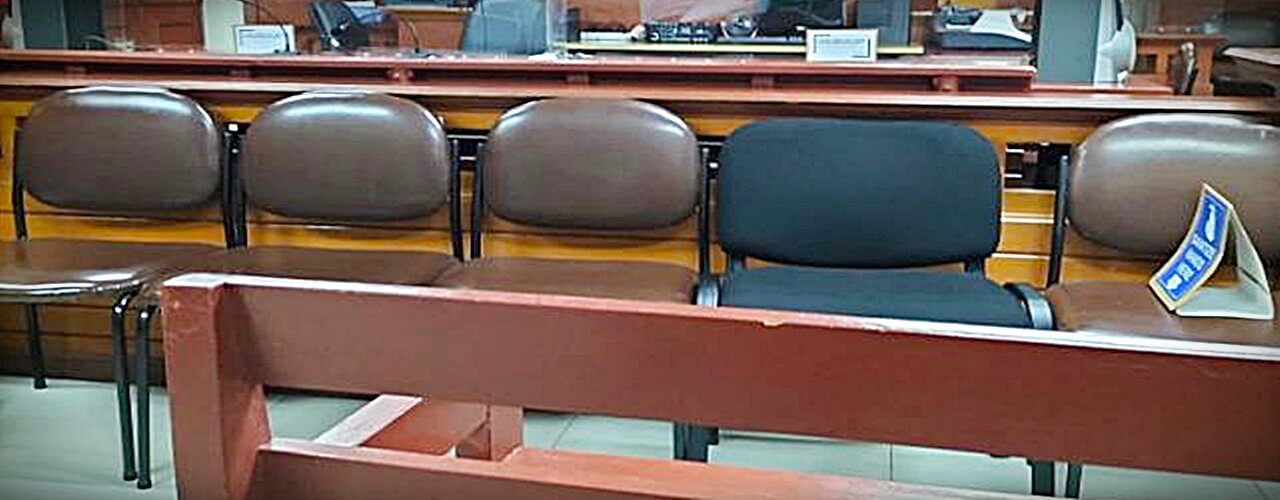 in courts because they are not accepting applicants for CANA but still operating" width="1280" height="500" />
in courts because they are not accepting applicants for CANA but still operating" width="1280" height="500" />
Despite the challenges, the courts are still operating.
The courts have adjusted by having the transactions done outside. There are tents, chairs and designated tables for specific transactions. There are other spaces for visitors.